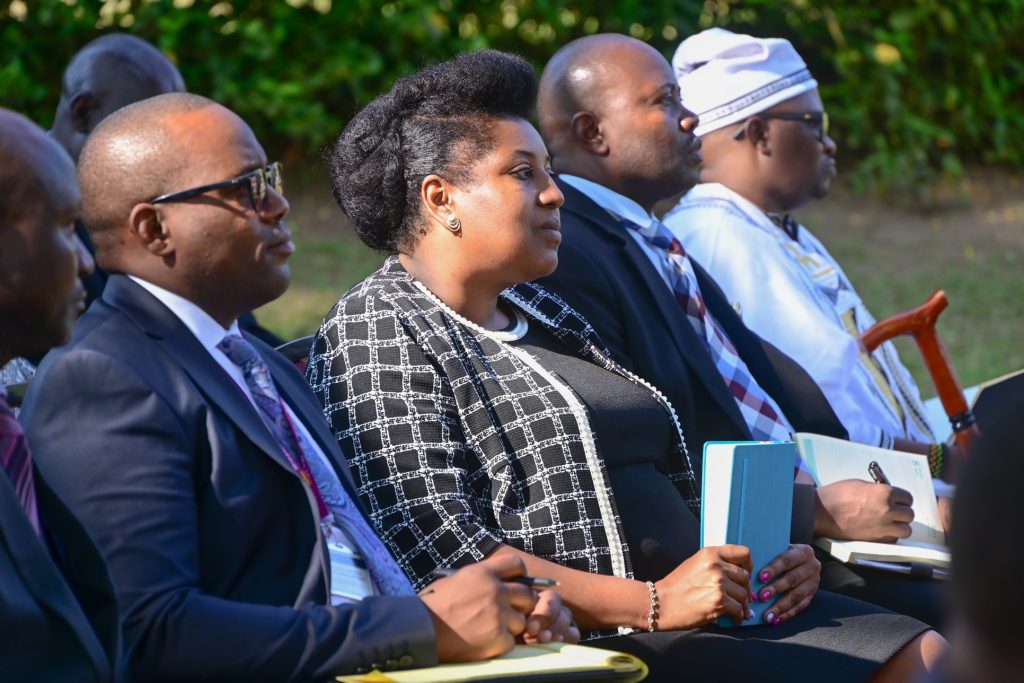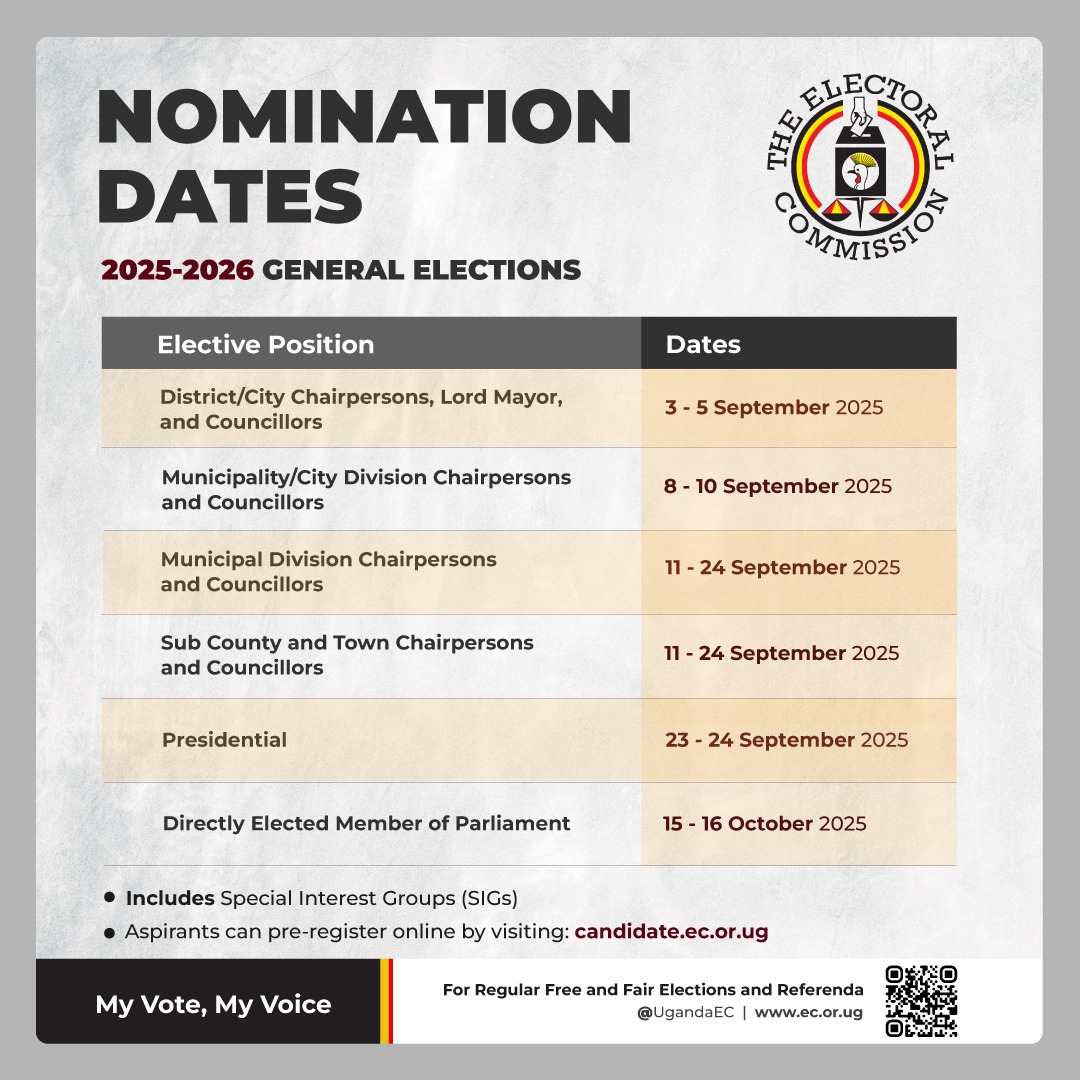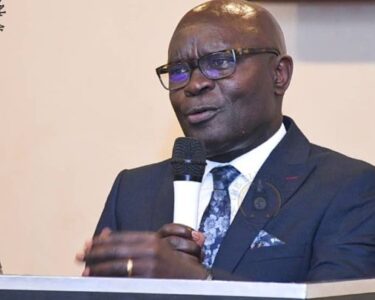Kampala, Uganda – The National Association of Online Broadcasters and Publishers (NAOBP) has issued a stern warning to its members, urging strict compliance with the Uganda Communications Commission (UCC) regulations or risk losing the association’s support and membership privileges.
NAOBP Chairman Nyanzi Martin Luther, a young and influential figure in Uganda’s growing digital media space, emphasized that compliance with UCC guidelines is non-negotiable. He noted that NAOBP’s primary mission is to professionalize the online media industry and ensure members operate within the law.
“We cannot support anyone who continues to operate outside UCC’s regulatory framework,” Nyanzi stated. “Every broadcaster and publisher must align with national standards to preserve the integrity of our profession.”
UCC Guidelines and Enforcement
The UCC has established a robust framework governing media operations in Uganda including licensing, content standards, and operational procedures. These rules aim to ensure accountability, protect audiences from harmful content, and promote responsible journalism.
In line with these requirements, NAOBP has already suspended several media outlets including Pulse Post, Uganda Post, and Homeboyz Radio Uganda — for failing to meet registration and compliance obligations. The move demonstrates NAOBP’s growing assertiveness in cleaning up the digital media ecosystem.
Balancing Regulation and Press Freedom
The government’s increasing focus on media regulation continues to stir debate about press freedom and accountability. State Minister for ICT Godfrey Kabyanga has defended tighter regulation, arguing it is necessary to improve journalism quality and weed out unqualified practitioners.
However, civil society groups such as the Collaboration on International ICT Policy for East and Southern Africa (CIPESA) have warned that some UCC directives may infringe on freedom of expression and access to information, particularly among online publishers and citizen journalists.
Growing Scrutiny Across the Media Industry
The UCC has also acted against mainstream broadcasters. In recent months, five major media houses including NTV, NBS, and BBS were cited for breaching broadcasting standards and ordered to show cause why their licenses should not be revoked.
Media executives like Dr. Kin Kariisa, CEO of Next Media Services, have since urged media practitioners to embrace professionalism and ethical conduct, especially as Uganda approaches the 2026 general elections. The Equal Opportunities Commission (EOC) has also called for balanced, inclusive, and gender-sensitive reporting to promote democratic participation.
Shaping the Future of Uganda’s Digital Media
NAOBP’s latest warning underscores the shifting dynamics of Uganda’s media landscape — one increasingly defined by digital platforms, citizen journalism, and regulatory oversight. As the 2026 elections draw nearer, adherence to UCC guidelines and commitment to ethical journalism will likely remain central to conversations among media professionals, regulators, and policymakers.







